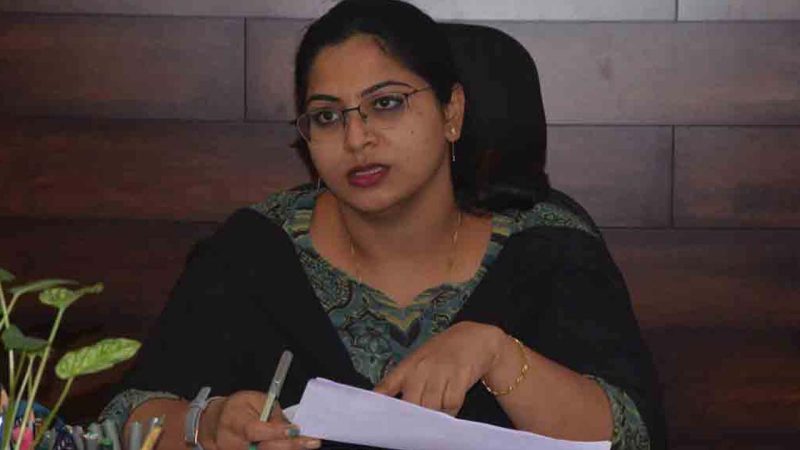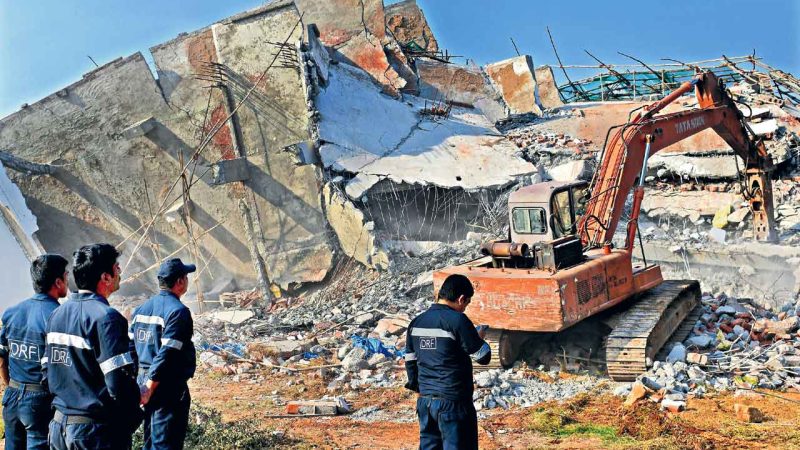Hyderabad: 1971 Indo-Pak war hero CV Parker says Pakistan has to pay for Pahalgam terror attack

A resident of Secunderabad’s Vayupuri, he is the only living Maha Vir Chakra recipient from the Telugu States
Published Date – 7 May 2025, 07:31 PM

Air Vice Marshal Cecil Vivian Parker (Retd). Photo: Bharat Rakshak
Hyderabad: As India continues to hail its Armed Forces for Operation Sindoor, down South in Secunderabad’s Vayupuri, there is one man who was the country’s hero for a similar air attack way back in 1971.
All of 93 years now, “partially blind and partially deaf” in his own words, Air Vice Marshal Cecil Vivian Parker (Retd) is still “preoccupied” with his own chores at home. But he has not disconnected from what is happening on the border. “Pakistan has to pay for Pahalgam,” was his response when contacted.
For those who do not know Parker, he is the only living Maha Vir Chakra recipient from the Telugu States. The other two MVC recipients from the Telugu States — Major Padmapani Acharya and Colonel B Santosh Babu — were given the country’s second highest war-time gallantry award posthumously.
But that is not all about Parker, who says that with Operation Sindoor, Pakistan had already “started paying” for the Pahalgam terror attack. Born in Secunderabad to PR Parker and ES Parker, CV Parker was commissioned into the Indian Air Force on August 31, 1952. He saw action in both the 1965 and 1971 Indo-Pak wars.
According to information from various sources, including noted defence portal Bharat Rakshak, Parker had joined as a Pilot Officer after completing the 58 Pilot’s Course. He used to fly Tempest aircraft that were back then in service. Promoted as Flight Lieutenant in 1961, he was promoted as Squadron Leader in the No. 20 Squadron of the IAF, popular as the ‘Lightnings’.
As war broke out with Pakistan in December, 1971, Wing Commander Parker was assigned to lead the No. 20 Squadron’s Hawker Hunters in missions flying deep behind Pakistani lines. According to accounts he gave in different interviews, the Squadron’s Hunters were welcomed by Pakistan’s anti-aircraft guns, while Pak F-86 Sabres got into dogfights with them.
According to his MVC citation, while returning from a raid, his formation was again attacked by Sabres and he himself took down one of the Sabres, badly damaging another one. Parker, who went by the nickname ‘Nosey’, scored five more Sabre kills during his air raid on the Murid Airbase of the Pakistan Air Force. That air raid stood out, because the four Hunter formation led by Parker had gone 120 km into Pakistan to reach Murid.
He also led the 20 Squadron in raiding the Attock oil refinery. Though Parker had to fly through devastating anti-aircraft firing and small arms fire from Pakistani infantry, he left behind one of the biggest blazes of South Asia, devastating the oil refinery, and successfully flew back to base. It was for this gallantry that he was awarded the Maha Vir Chakra.
Parker, who was promoted as Air Vice-Marshal, retired in 1986. In his career of 35 years, he flew 22 types of aircraft and recorded 3,850 flying hours. Interestingly, Parker, the author of ‘Airlooms — Random Recollections of an Ancient Aviator’, became among the very few Indians whose role in the war was acknowledged by a retired PAF officer. This was in 2018, 47 years after the war, when former fighter pilot Air Commodore M Kaiser Tufail (Retd), gave credit to Squadron No. 20 for its attack on the Murid open airbase.






